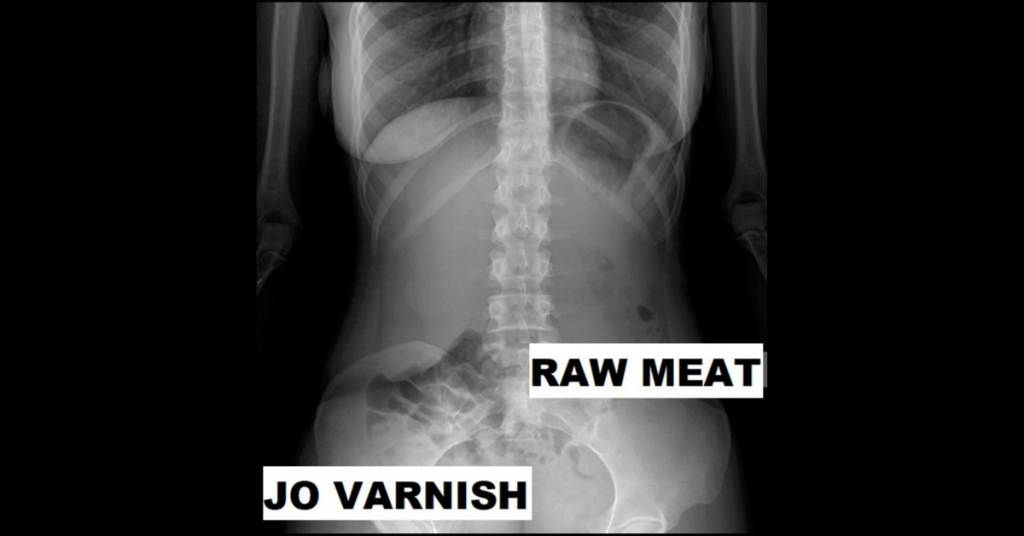She was eighty when being eighty meant being eighty. It meant grey hair and dark colored calf length skirts, tights and rounded toed court shoes. It meant a green felted coat and patent leather black purse shaped like the queen’s, with a shiny silver clasp that snapped shut. It meant that purse held, at a minimum: a checkbook, a hairbrush, rouge, a lipstick, tissues (a pack, unused, and at least one folded, used), a pair of spectacles and a variety of pens. It meant she walked slowly, tutted at ill mannered children and grew African violets in mismatched pots along her living room window ledge. It meant furniture and decor as old as she was, and a dark, cold house with wallpaper and parquet wooden floors and no central heating.
She looked after a little girl before school for extra money. She’d seen a note towards the end of the summer asking for help, written neatly on an index card and tacked up on a noticeboard in the post office. The little girl, six years old, would be dropped off by her mother (who then went to her job of all things, as if her job weren’t to look after the child!) and the old lady would watch her for half an hour and then walk her to the school, which was just a few minutes away, even at the old lady’s slow pace.
Watching her for half an hour sounded easy enough. But this was not a child who was content to sit and listen to the radio or read her book. While she certainly always had at least one book in her school bag (they weren’t the classics they should have been, but what could one expect from these modern schools?), when the old lady would suggest she take one out and read during their time together, the little girl was direct in her response: “I don’t want to read, I want to talk to you.”
The autumn sun faded to the gloom of winter, and still the little girl wanted to talk. The old lady had exhausted her knowledge of cats and flowers and and castles and insects, and exhausted herself by having to endure the same conversations over and over (honestly, were all little children so tiresome?) and thus she was relieved when the little girl rolled up her sleeve and pointed to her wrist.
“Look, I’ve got a mole, like a big freckle.”
The old lady knew what to do about that. She opened her fridge and took out a tray of sirloin steak, an indulgence despite its sale price. It was for her supper of beef and vegetable stew, for this was when being eighty meant cooking a sensible meal every single evening, even if widowed, as she was. She cut a chunk from the middle of the steak, avoiding the marbled fat as much as possible.
“Hold out your hand and I’ll get rid of that nasty mole for you.”
The little girl looked unsure. She squeezed her eyes shut and offered her hand out towards the old lady, who turned it, exposing the offending mole. She gripped the chunk of bovine muscle and rubbed it over the mole, rubbed and rubbed and rubbed. The little girl said it felt sore and she squealed when the old lady didn’t stop. She rubbed it until the fibers of the steak were stretched and split by the dry friction, until the skin was red and blotched and coated in a fine film, dappled with tiny grains of raw meat.
The little girl frowned and pushed her tongue in the side of her cheek, her eyes threatening tears. The old lady pulled her across the kitchen and rinsed her wrist over the teacup and saucer in the sink, oily, beefy water swirling in the cup. She patted the little girl’s wrist and hand dry with a stiff white tea towel, and they both peered at where the mole had been. And where the mole still was, surrounded by dark pink mottled skin.
It’s possible that being eighty meant she’d mixed up her remedies, as the little girl began to sway and as she swayed, she started to fade until she had completely disappeared, mole and all.

